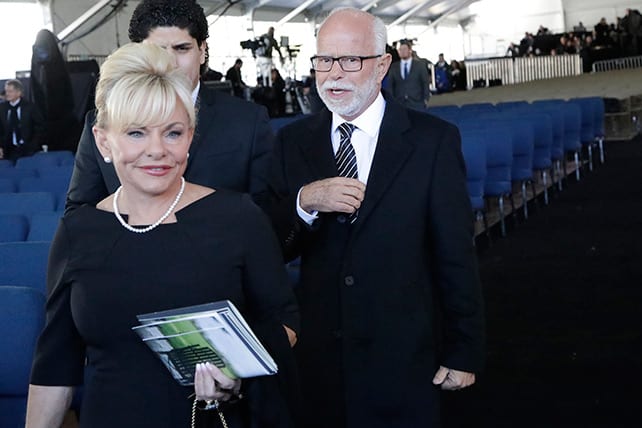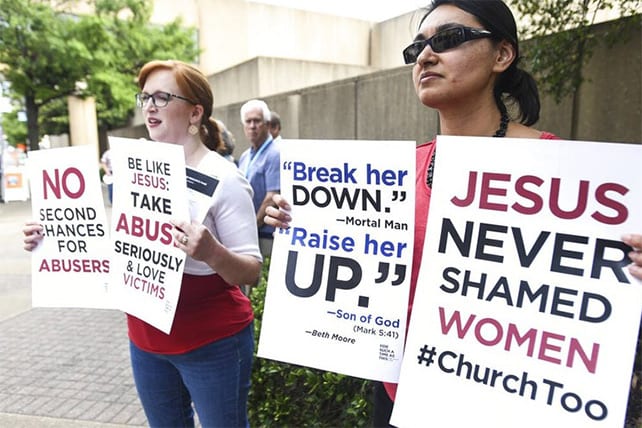A thriving youth group is crucial for churches that want to grow. But planning youth group games and activities week after week can be tough. You want students to feel like you value them enough to prepare something special, but you also want to respect your volunteer team’s time by not spending hours during every meeting coming up with ideas.
We’ve pulled together 18 youth group games and activities you can use to keep things fresh. Some are big group games everyone can play together. Others are team activities to encourage collaboration and community. Others are more like contests. There’s a mix of youth group games and activities you can do outdoors or indoors, and some age-appropriate serving opportunities are included as well.
To help you choose youth group games that work best for you, each includes a cost rating (Free, $, $$ or $$$), estimated prep time, supply list, and a note about whether it’s messy.
Remember: Often the success or failure of youth group games depends on how much leaders model enthusiasm for it. If adults look like they aren’t invested in the activities they’re trying to get students to do, then kids won’t get into it. That means the game will flop even if it’s good. But kids can get excited about some pretty weird, goofy stuff if you really sell it. As much as possible, leaders should do these youth group games and activities with students, not just “facilitate” them off to the side.
Pro tip: Leave students wanting more! Even great youth group games become bad ones if you make kids play them too long. Cut games off before kids get bored, and read the room for signs that it’s time to move on.
Give these 18 youth group games, lessons and activities a try with your kids:
Icebreaker Youth Group Games
Icebreakers are a great way to start your event or make a transition. These activities get everyone up and moving, and they help encourage kids to mingle and come out of their shells a bit (which is why some people refer to them as “mixers”).
1. ROCK, PAPER, SCISSORS CHAMPION, AKA “BIGGEST FAN”
Cost: Free
Prep time: 0 minutes
Messy?: No
Supplies: None
If you tell a bunch of kids you’re going to play Rock, Paper, Scissors, they’ll probably roll their eyes—even if you’ve come up with a cool variation like Pirate, Ninja, Knight (or whatever). What makes Rock, Paper, Scissors Champion fun is that it quickly descends into madness.
Everyone picks an opponent and plays Rock, Paper, Scissors, or whatever wacky variation you invent. Whoever loses becomes the “biggest fan” of the person who just beat them. Then together they go find a new opponent for the winner to play, and the fan cheers on their “champion.” Each round, the loser and their fans become fans of the winner. Eventually you’ll wind up with about half the group cheering and screaming for one person, and the other half cheering for another.
Encourage kids to cheer for the person who beats them by name. That way, if they don’t know the person’s name beforehand, now they have to learn it.










 Now that children are thinking and talking about fears, it’s time to build a bridge between where they’re at now (FEARFUL) and where you want them to be (FEARLESS). During a children’s sermon on fear, you can share a real-life story of how you overcame a childhood fear. Real-life stories are powerful, and kids connect well with them. An example gives kids a picture of a life that’s not held back by fear and inspires them to overcome their own fears.
Now that children are thinking and talking about fears, it’s time to build a bridge between where they’re at now (FEARFUL) and where you want them to be (FEARLESS). During a children’s sermon on fear, you can share a real-life story of how you overcame a childhood fear. Real-life stories are powerful, and kids connect well with them. An example gives kids a picture of a life that’s not held back by fear and inspires them to overcome their own fears.








